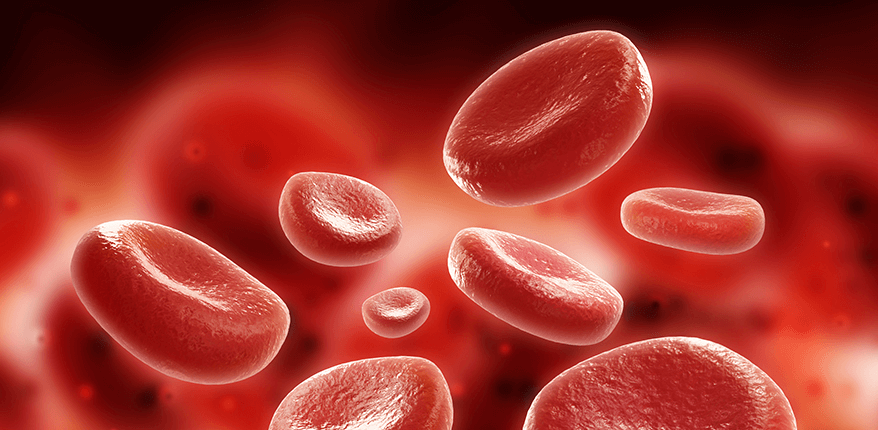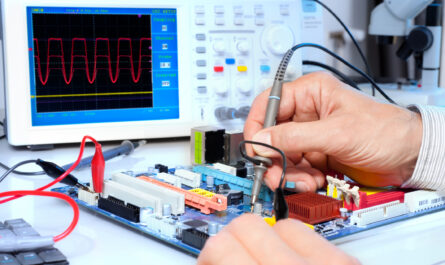Hematology involves the study and treatment of blood, blood-forming organs, and blood diseases. It deals with conditions like anemia, bleeding disorders, blood cancers, and blood clots. Hematology products consist of instruments, reagents, consumables, software, and services required for testing and diagnosis of various blood-related disorders. Modern hematology analyzers offer complete blood count with white blood cell differential, blood cell morphology, and reticulocyte parameters. They help identify various genetic, malignant, and non-malignant blood disorders. Point-of-care hematology systems are also gaining popularity due to their portability, connectivity, and ability to deliver quick test results. The global hematology market is estimated to be valued at US$ 2.19 Bn in 2023 and is expected to exhibit a CAGR of 6.9% over the forecast period 2023 to 2030, as highlighted in a new report published by Coherent Market Insights.
Market Dynamics:
The global hematology market is expected to be flourished by rapidly growing geriatric population. Elderly people are more prone to develop blood-related diseases like blood cancer, anemia, blood clots, and bleeding disorders due to weakening of immune system with age. According to the United Nations, the percentage of global population aged 60 years or over is expected to nearly double from 12% to 22% between 2015 and 2050. Presence of favorable reimbursement structure for hematology diagnostic tests along with the opportunity presented by geriatric population is driving the market growth. Furthermore, ongoing technological advancements in hematology analyzers are enabling faster, reliable, and cost-effective testing, which is fueling the demand. Multi-analyte hematology systems integrated with artificial intelligence (AI) capabilities offer additional benefits like automated workflow, remote monitoring, and predictive maintenance, thereby further propelling the market growth over the forecast period.
Segment Analysis
The global hematology market is dominated by the flow cytometry sub-segment, which captures more than 35% of the market share. Flow cytometry is extensively used in clinical diagnostics and research for detection and quantification of cellular components in blood, bone marrow, and other body fluids. It allows rapid multi-parametric analysis of various cells based on different cell surface antigens and cellular characteristics. The extensive use of flow cytometry in detecting hematological disorders like leukemia and blood cancers has driven the growth of this sub-segment.
PEST Analysis
Political: Regulatory frameworks related to in-vitro diagnostics and medical devices need to be strictly followed by market players. Changes in these regulations impact product development and market growth.
Economic: Rising healthcare spending on advanced diagnostic technologies, growing geriatric population susceptible to blood disorders, and increasing R&D investments by key players are fueling market expansion.
Social: Growing awareness about early disease detection and availability of effective treatment options are raising demand for hematology diagnostics and monitoring services.
Technological: The introduction of new automated hematology analyzers, advanced flow cytometers, and point-of-care testing devices equipped with AI and IoT are enhancing testing efficiency and diagnostic accuracy.
Key Takeaways
The global Hematology Market Share is expected to witness high growth over the forecast period.
Regional Analysis:
North America dominates the market currently due to robust healthcare infrastructure and presence of leading market players. However, Asia Pacific is poised to emerge as the fastest growing regional market owing to rising healthcare expenditure, increasing investments in diagnostic technologies by hospitals and labs, and growing incidence of target diseases.
Key players operating in the hematology market are Shaanxi Undersun Biomedtech Co., Ltd., Tocris Bioscience (Bio-Techne Corporation), BioOrigin, Nature’s Sunshine Products, Inc., Organic Herb Inc., Damin Foodstuff (Zhangzhou) Co., Ltd., Nutra Green Biotechnology Co., Ltd., Xian Yuensun Biological Technology Co., Ltd., Guangxi Yiyuan Biotechnology Co., Ltd., Changsha Heking Bio-Tech Co., Ltd., Hangzhou Botanical Technology Co., Ltd., Novoherb Technologies, Jiangsu Changhai Food Additive Co., Ltd., Xian Sost Biological Science & Technology Co., Ltd., Xi’an Plant Bio-Engineering Co., Ltd.
*Note:
1. Source: Coherent Market Insights, Public sources, Desk research
2. We have leveraged AI tools to mine information and compile it



